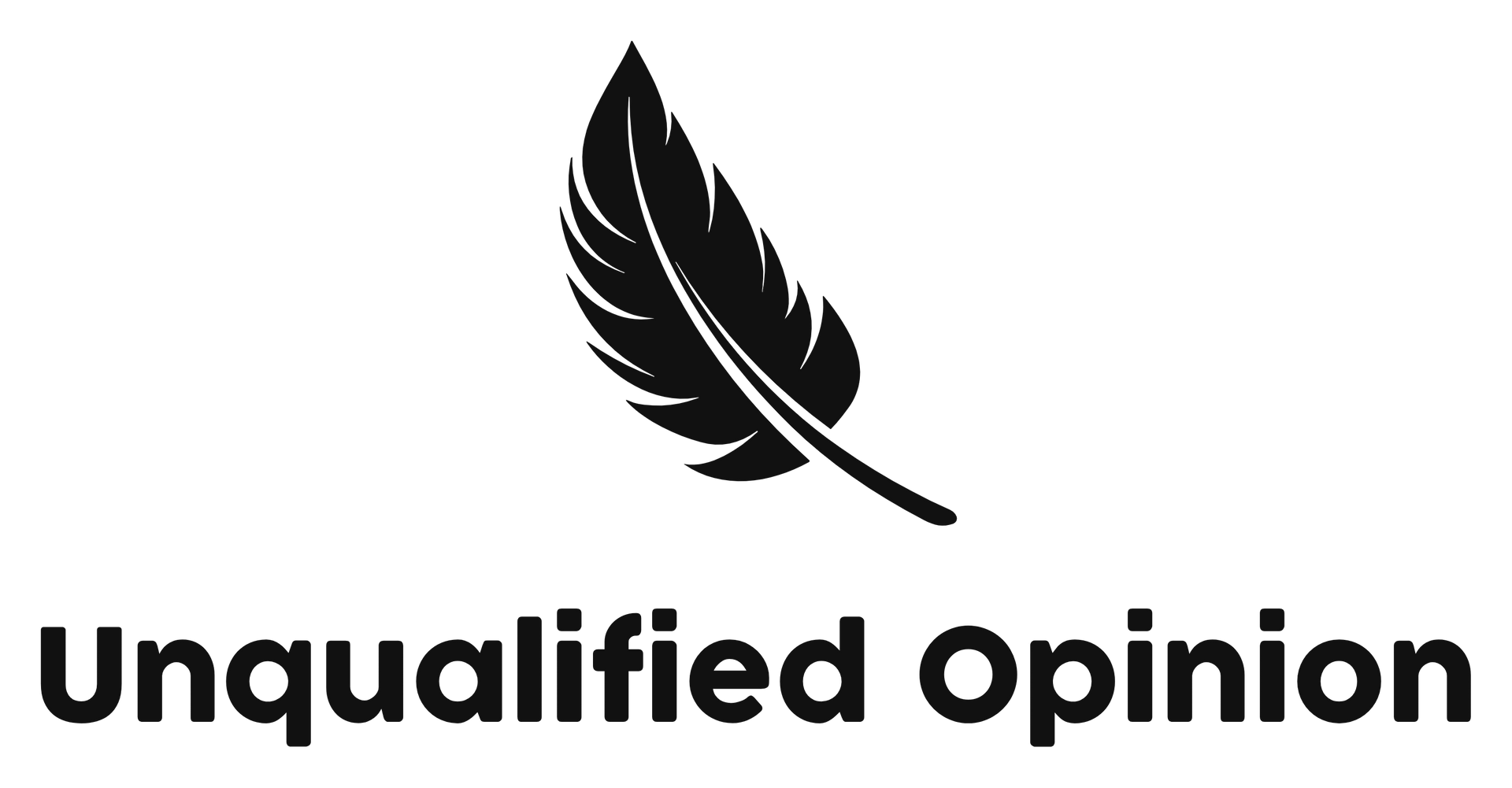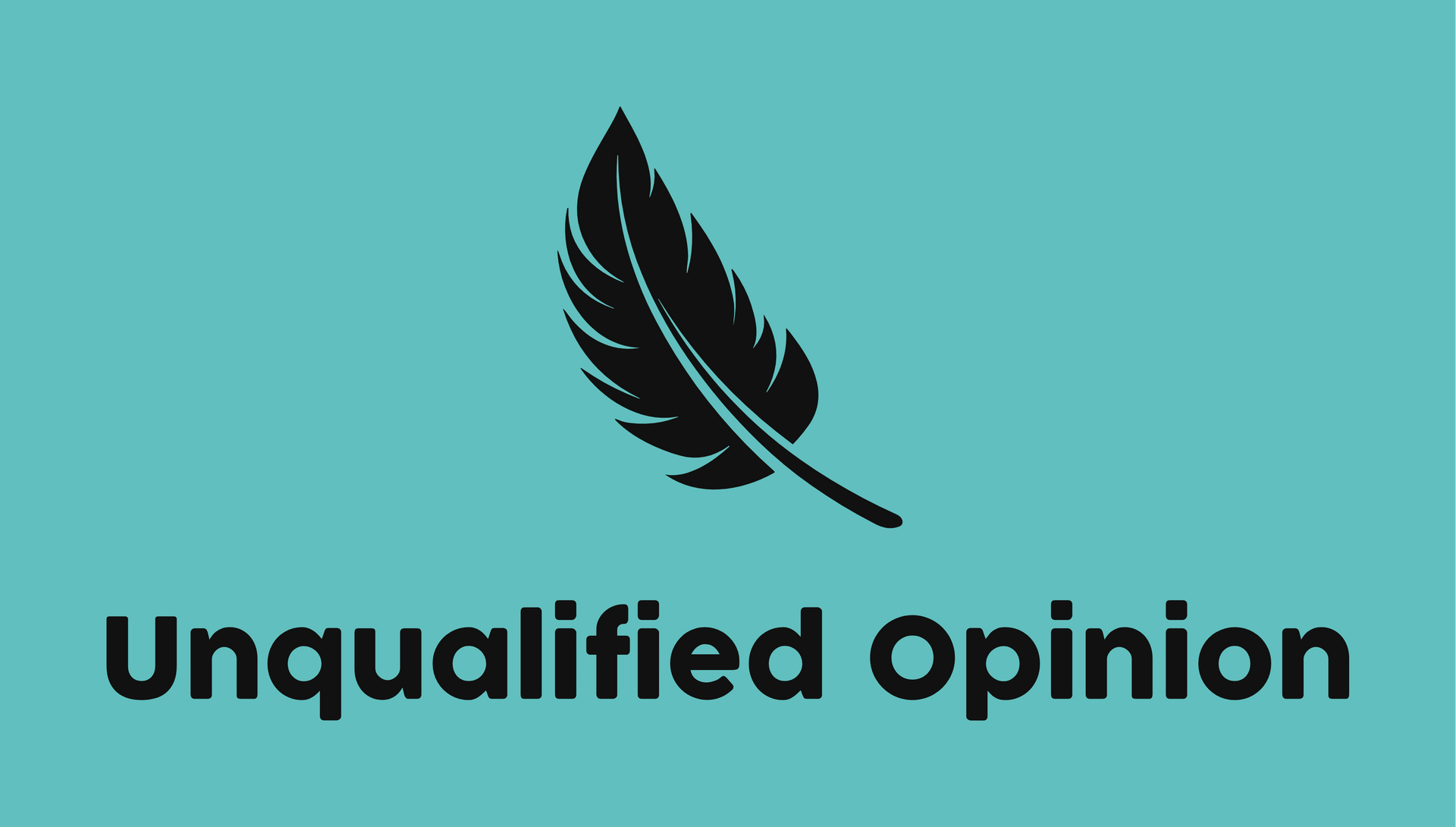(7 min) Getting Diagnosed: Adult ADHD

Undiagnosed Adult ADHD can be an absolute nightmare.
“Adulting” can be tough for many, including the neurotypical. But where the neurotypical individual might have a tough day or period of time with something, the person with undiagnosed and untreated ADHD may struggle with the same thing for their entire life.
Let’s be real. There are expectations in the western world that adults are able to take care of themselves, work fulltime, manage the household and family while participating in daily life.
But behaviours and actions that come naturally to friends, family, coworkers and peers, can be insurmountable for the untreated ADHD brain.
- Forget to make your rent payment?
- Going on day three of not being able to convince yourself to shower?
- Upset another colleague at work because you keep interrupting while they are talking?
To people on the outside, an adult with ADHD can seem lazy, disorganized, and rude.
On the inside, that couldn’t be farther from the truth.
Believe me, I know first-hand.
Just two months ago I was diagnosed with ADHD-combined, at age 43.
There were signs all through my life that I was struggling, but up until recently boys were much more likely to receive an ADHD diagnosis.
So yes, there were signs that I was struggling as a child.
Looking back on my report cards, teacher’s comments frequently included comments like:
- Talks too much during class
- Needs to work on staying focused
- Interrupts others when they are speaking
- Difficulty completing tasks
As I got older, I did adapt and learn some coping strategies, but there things I struggled with that came so easily to others.
I really just thought they were character flaws.
- Well into my mid-thirties my bedroom was always a disaster with both clean and dirty clothes just thrown all over the floor
- No matter how badly I wanted to, I could never ever keep a consistent workout schedule
- Up until this year, at age 43, I was completely unable to stop myself from interrupting others when they were speaking
So if I was experiencing all of this, why didn’t I seek a diagnosis sooner?
I legitimately didn’t think this was ADHD or mental health related at all.
I just thought this was who I was.
And like I mentioned earlier, over the years, I had become better at some of those things I used to struggle with.
- I enjoy cleaning now, and my room is always perfectly tidy
- I became known as a highly organized person and coworker
- I learned to budget and never ever miss a payment of any kind
So why did I eventually end up with an ADHD diagnosis if things were getting better?
Well, as you may have read in my post on gratitude, where I spoke about my challenging health year, starting in 2024.
You can read more about that here.
Basically, over the course of a year I experienced a host of horrific and debilitating symptoms that culminated in a diagnosis of Fibromyalgia.
After a few months of fibro treatment, I explained to my doctor that although the meds were taking care of many symptoms, I was still struggling with focus, attention, memory, and I still could not stay awake for longer than 4-5 hours at a time.
He asked me a few questions about my childhood behaviours and school grades and home life and suggested that the symptoms I was experiencing may not have anything to do with fibromyalgia at all, but sounded to him more like Adult ADHD.
I wasn’t necessarily surprised.
I had a sibling who was diagnosed with ADHD as a young child, and about 10 years ago a different doctor had mentioned to me that I might have ADHD.
We talked a little bit about what I thought were typical signs of ADHD, like hyperactivity and whatnot.
The doctor explained that diagnoses, especially for girls/women, had evolved over the past few decades, and urged me to seek a diganosis.
Not only could treatment potentially help with my fatigue, but he thought I might be surprised by what other areas in my life might also see improvement.
The first thing I did was I took about 5 free Adult ADHD symptom test (and learned to search for ones geared for women).
I scored pretty highly on all of them so I started my research.
- I watched like 20 hours of adult ADHD videos on YouTube
- I learned about the different types of ADHD
- I researched non-pharmaceutical routes of treatment
- I learned about all the pharmaceutical options, extended release, immediate release
When I was finally ready to move forward, I found a clinic in my city that does adult ADHD testing and diagnosis.
Diagnosis as an adult in Canada is not exactly easy.
If you do an online search, you will find quite a few virtual doctors who are willing to give a diagnosis, but it is hard to know which ones are legit and the cost can be upwards of $1500.
Very few people have insurance coverage for adult diagnosis.
You can also go the referral route, whereby you talk to your family doctor and they refer you to a psychiatrist or a different specialist able to render a legal diagnosis.
That course is definitely more cost-effective, but can take a very long time in Canada’s backlogged mental health system.
I decided to find a local clinic in my city that focuses solely on adult mental health and specifically adult ADHD.
The first step was to fill out a few of their own ADHD screeners.
Then, you receive a message if the doctors feel it would be worth it to have a free initial consultation.
That consultation was free and about 15 mins long.
At my clinic, all consultations and appointments could be done either in person or virtually.
After the initial consultation, if the doctor thinks you are a candidate for diagnosis and you agree, you move forward to the next steps which include several more screeners and a very lengthy info gathering process about medical and family history.
I think it took me about 2 hours to get through all the screeners and info requested.
Once you complete the screeners, an appointment is set with a professional to go over the info you provided, to dig deeper into your answers, and to eventually render a diagnosis.
I would highly recommend both the clinic and Isabelle.
Although my diagnosis appointment with Isabelle took 2 hours, it was so worth it.
She asked a lot of questions about my childhood behaviours; things I wouldn’t have thought had anything to do with ADHD.
She also taught me so much about how ADHD can change as you get older.
The most important thing she taught me though was in individuals with ADHD, the brain's frontal lobes, which are involved in executive functions such as planning, organization, impulse control, and working memory, continue to mature until around age 35, potentially leading to some lessening of symptoms over time!
The frontal lobes of neurotypical people mature around the age of 25.
That is a ten-year difference between those with and without ADHD!
So it makes perfect sense that someone with undiagnosed and untreated ADHD would struggle with “adulting” for far longer and more intensely than those without ADHD.
Eventually Isabelle confirmed a diagnosis for me of ADHD-Combined (which means I show behaviours in both the hyperactive and attentive streams).
Isabelle also looked at the various lab and blood work results I had recently completed during my fibro journey, and used those to determine some additional supplements she recommends for people who have ADHD and are also deficient (like B12, Omega 3, and Vitamin D).
The treatment plan also included:
- Therapy (Cognitive Behavioural, ADHD Coaching)
- Psychoeducational tools (Podcasts, websites and youtube videos)
- Lifestyle habits (Sleep hygiene, diet, exercise, stress reduction)
- Pharmaceutical options (Vyvanse was recommended)
It was exceptionally comprehensive.
The clinic sent a file with all the documentation and it was so thorough that I was a bit overwhelmed and had to keep re-reading it for a few days until it fully sunk in.
The cost ended up being approximately $600, and the entire process took about a week.
I had the option to continue on with the clinic at a cost of $80 per visit, or they would transfer care to my doctor if that was my preferred route.
Luckily for me, I had just landed a new family doctor and he agreed to take over care of my ADHD diagnosis going forward.
I continued to do my research and joined a few support groups online.
I also decided to take Isabelle’s suggestion and started on 10mg of Vyvanse.
According to wikipedia, Vyvanse, is a stimulant medication that is used as a treatment for attention deficit hyperactivity disorder (ADHD) in children and adults, for moderate-to-severe binge eating disorder in adults, and for cognitive disengagement syndrome (CDS) in children and adults.
The typical starting dose for an adult is 30mg, but I started on a lower dose due to some adverse affects I had experienced with other medication.
With my doctor’s support, I kept upping my dose each week until I finally felt some improvement in my symptoms.
For me, that happened at 40mg.
It was like my whole world changed within an hour of taking the medication.
I felt my brain calm.
All the competing thoughts slowed down until only one came into focus.
The never-ending onslaught of ear-worm songs playing in the background of my mind were gone.
I was alert, focused, and awake.
And more than that, I was able to turn that focus like a spotlight onto whatever I wanted. And to move that spotlight around without getting mixed up or overwhelmed.
Life-changing.
And well many of my symptoms have improved, the fatigue is not yet entirely solved.
In fact, I will meet with my doctor this week to make a tweak in my treatment plan which will hopefully eliminate the fatigue for good.
So was it worth it?
Was the worth the time and money investment to get this diagnosis?
Absolutely!
In the meantime, if anything I mentioned in this post resonates with you or you think someone you know might be unknowingly struggling with adult ADHD, I encourage you to seek help.
There have been such amazing advancements in diagnosis and treatment for girls and women with ADHD.
No one should have to struggle with mental health when treatment options (both pharmaceutical and otherwise) are so readily available.
Diagnosed at age 43, and happier than I have ever been in my life!
Remember, you don’t need to be an expert to have an opinion.


